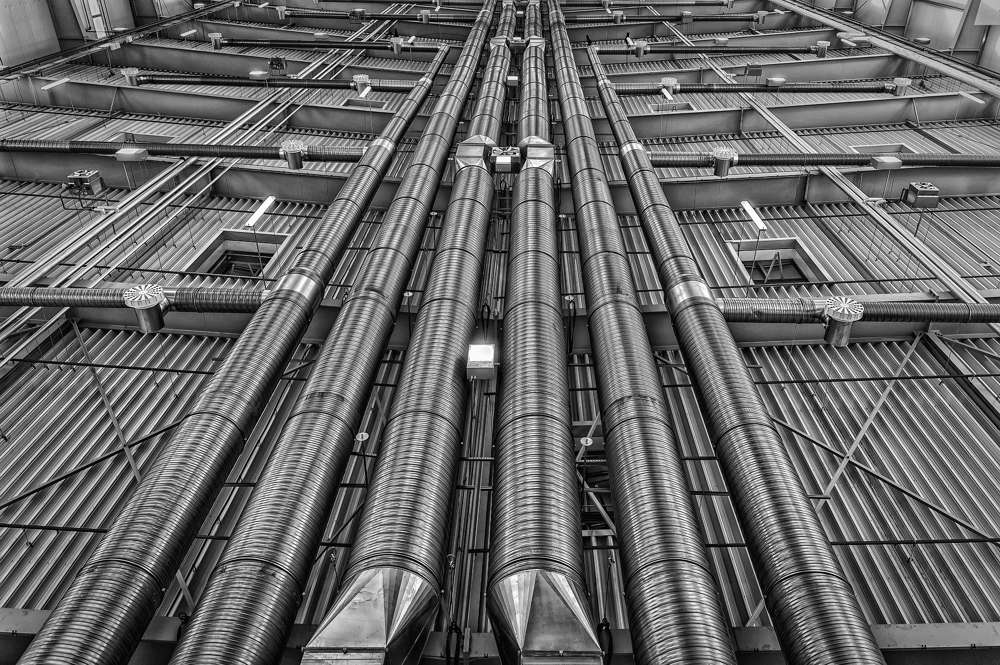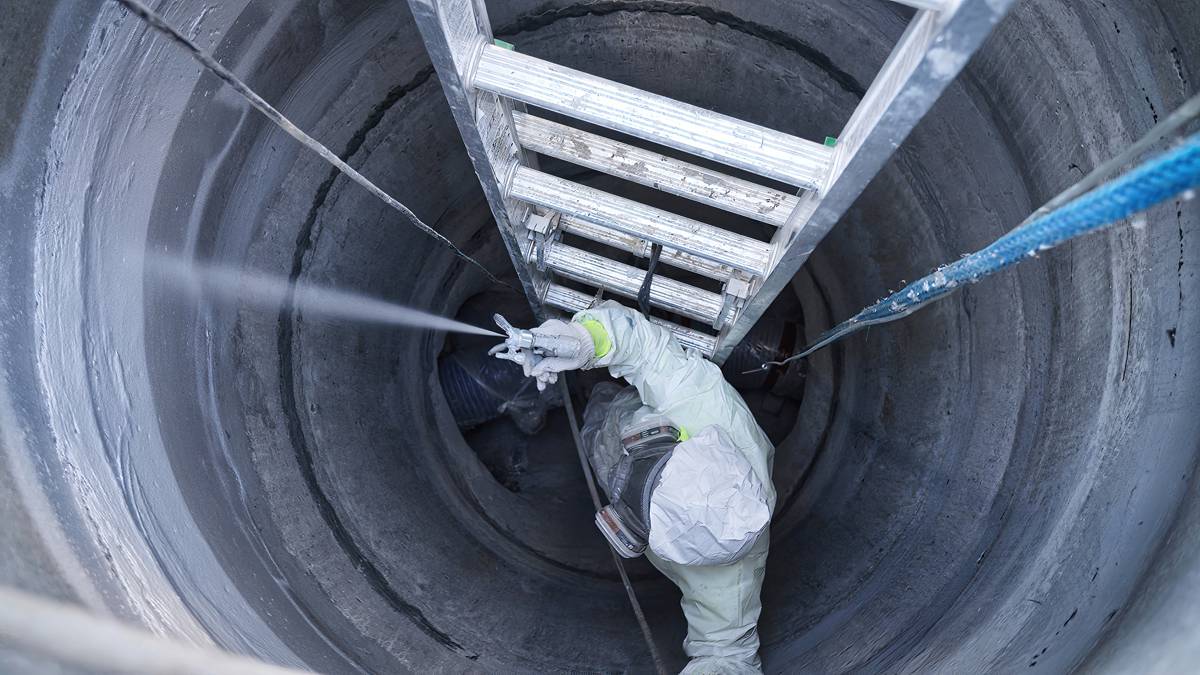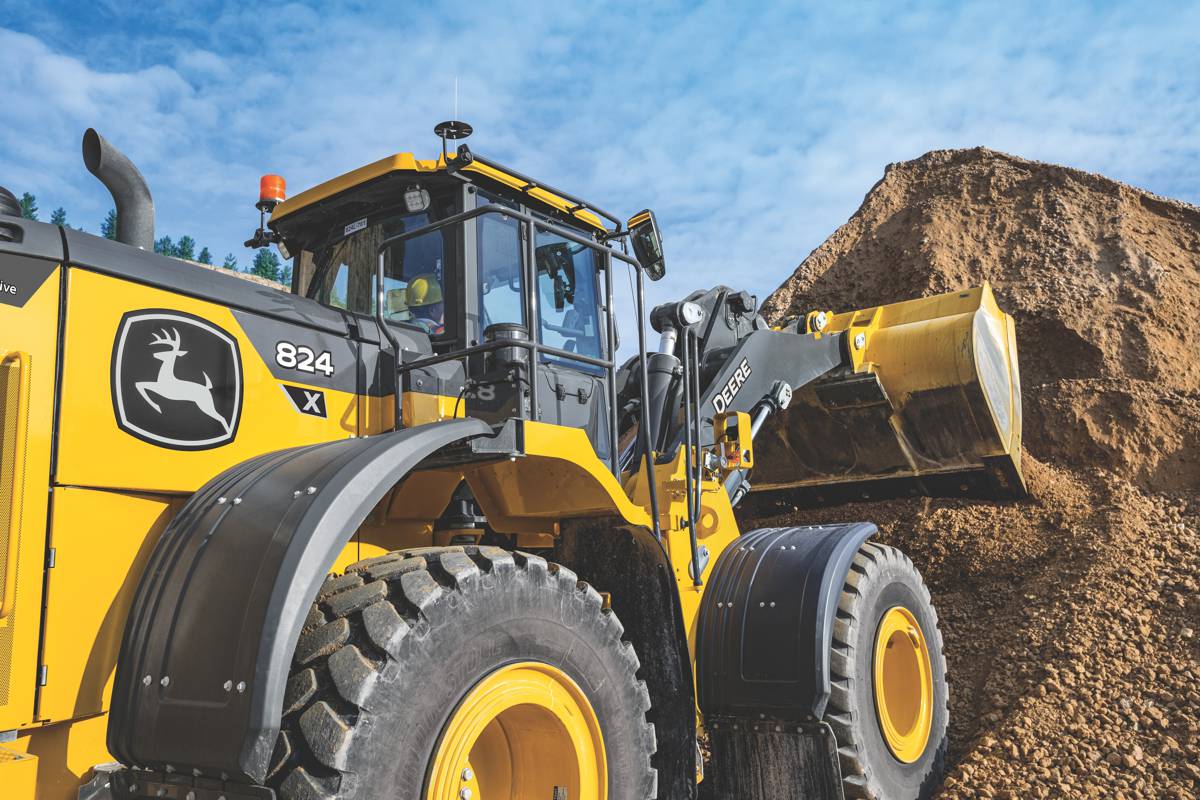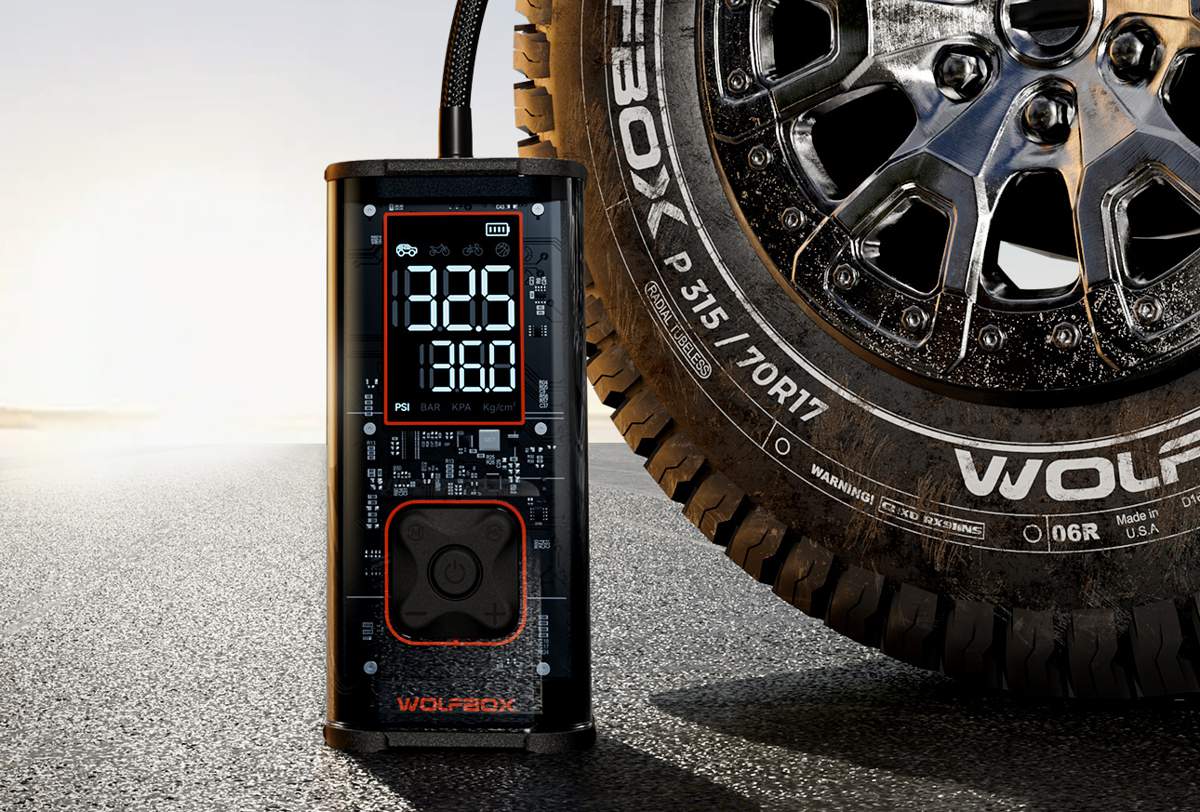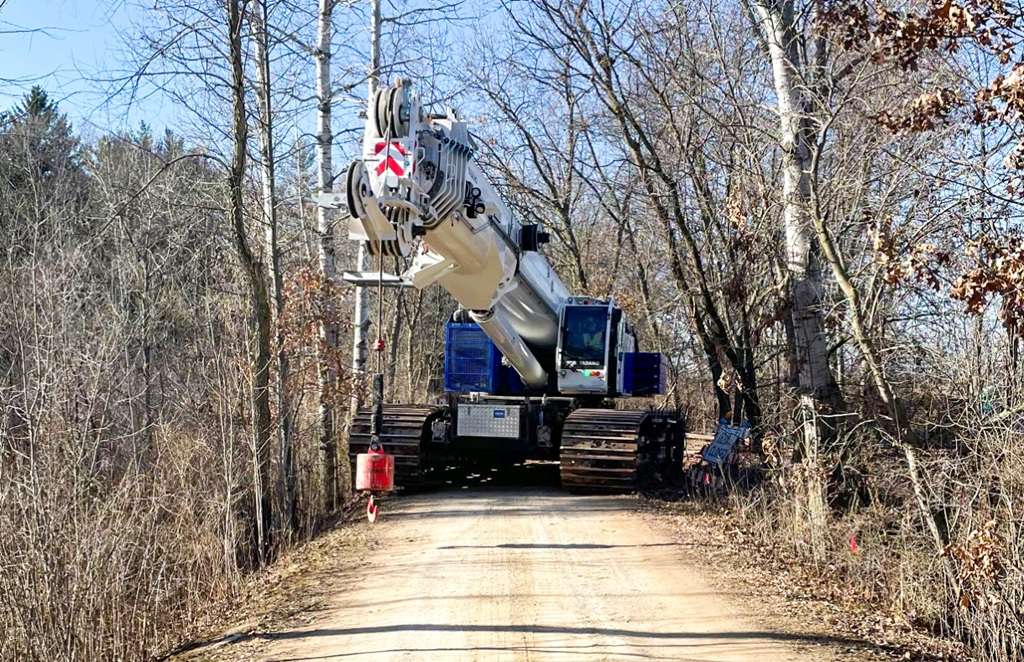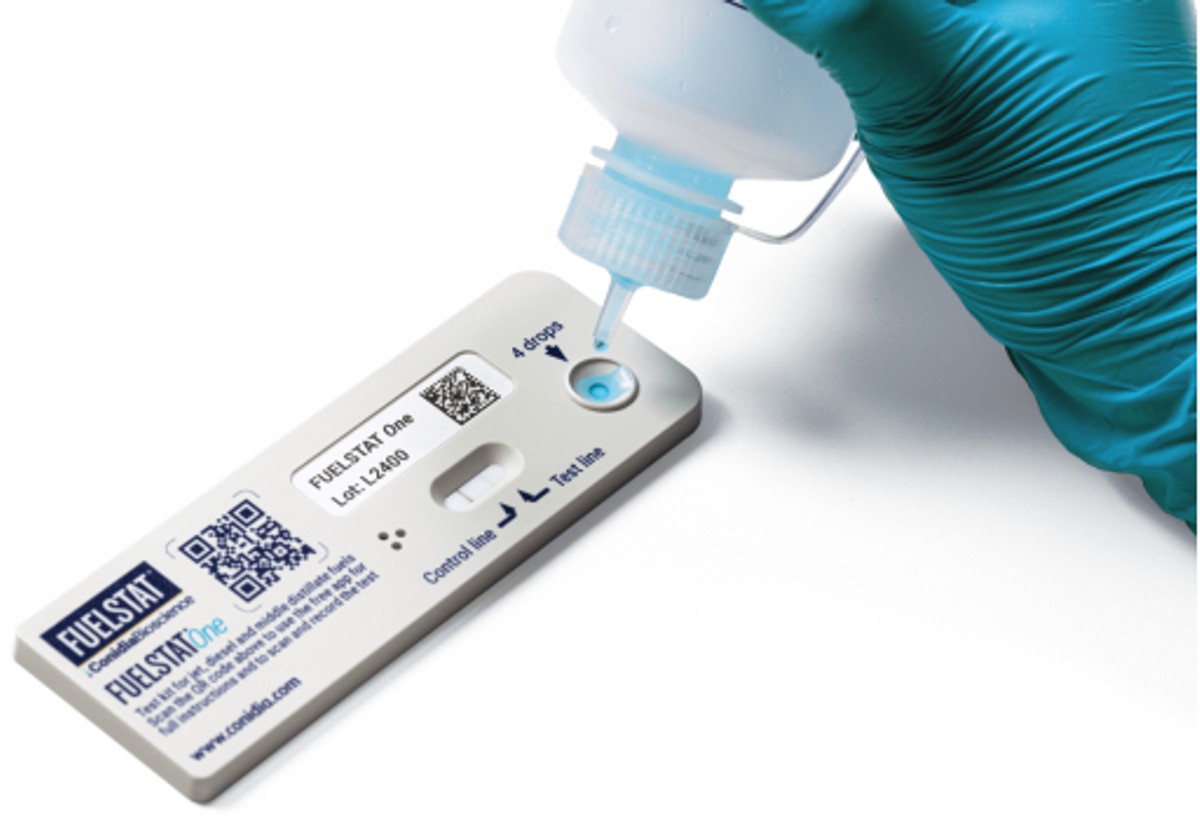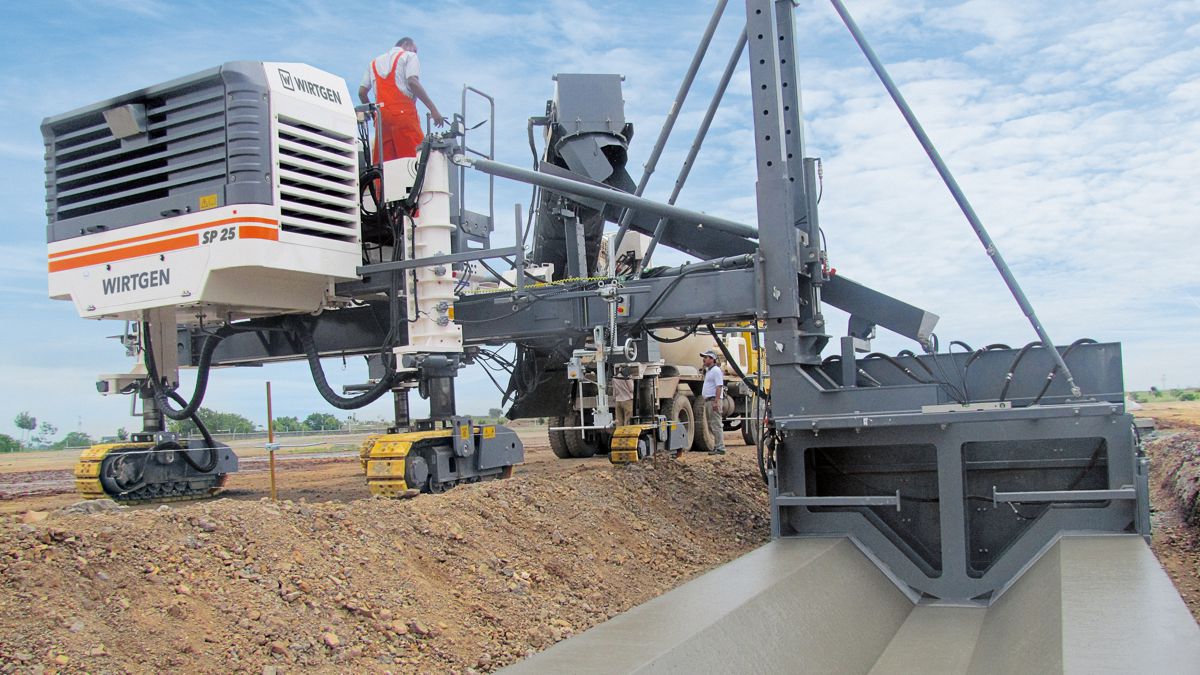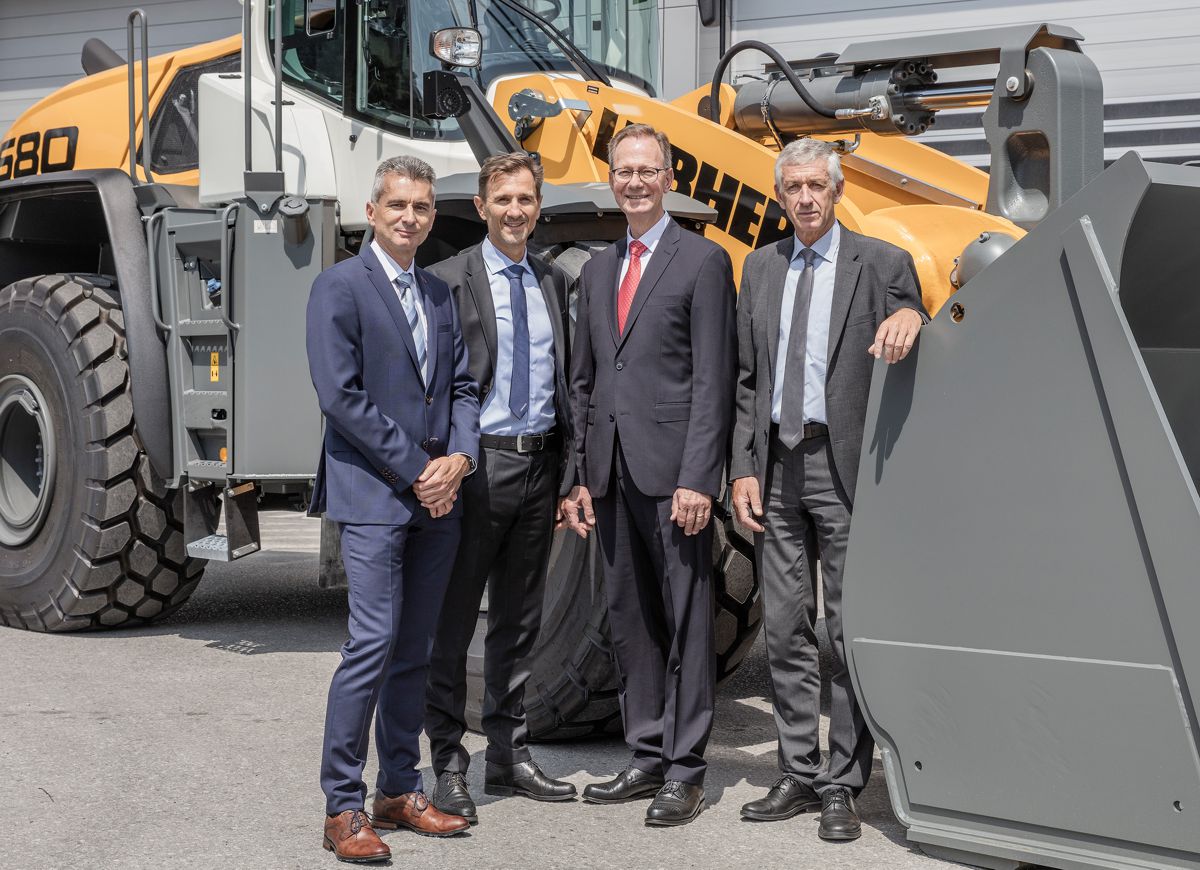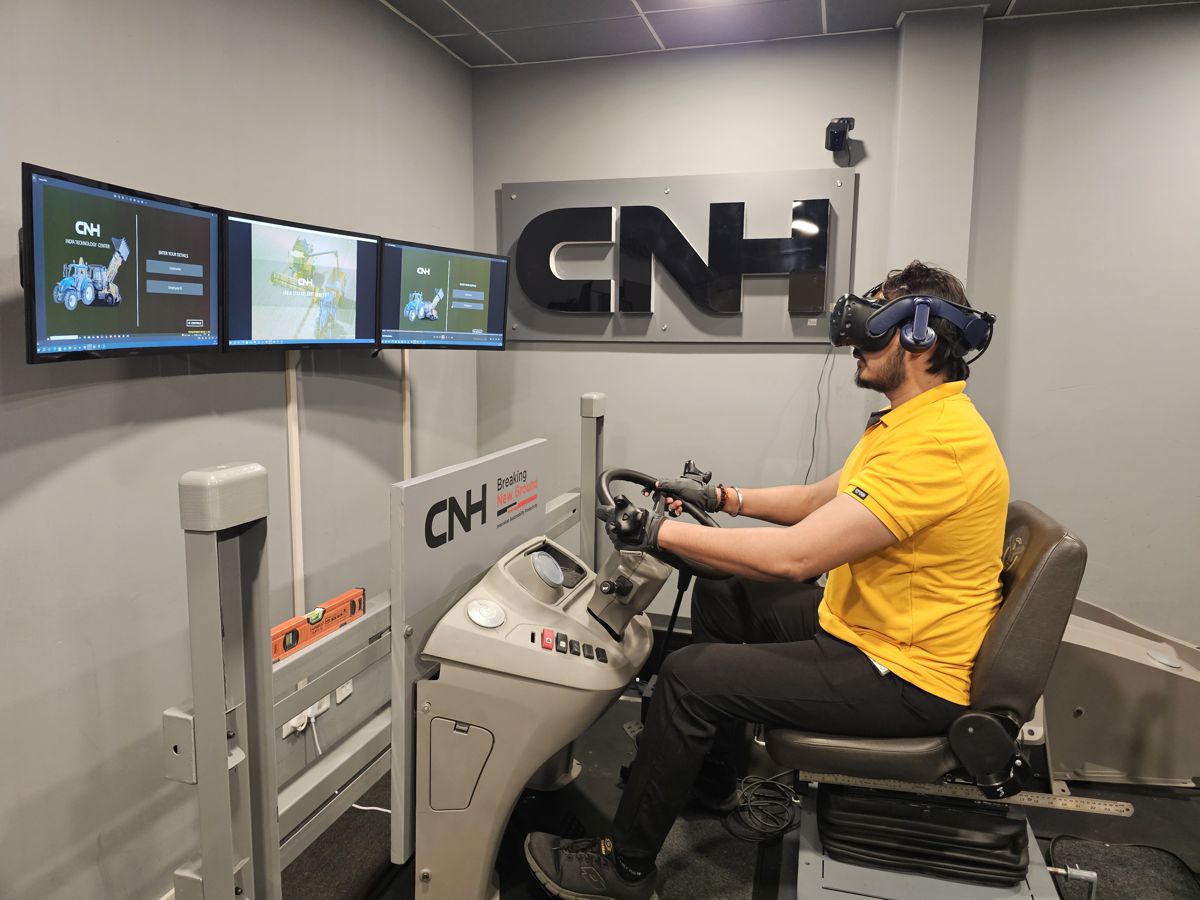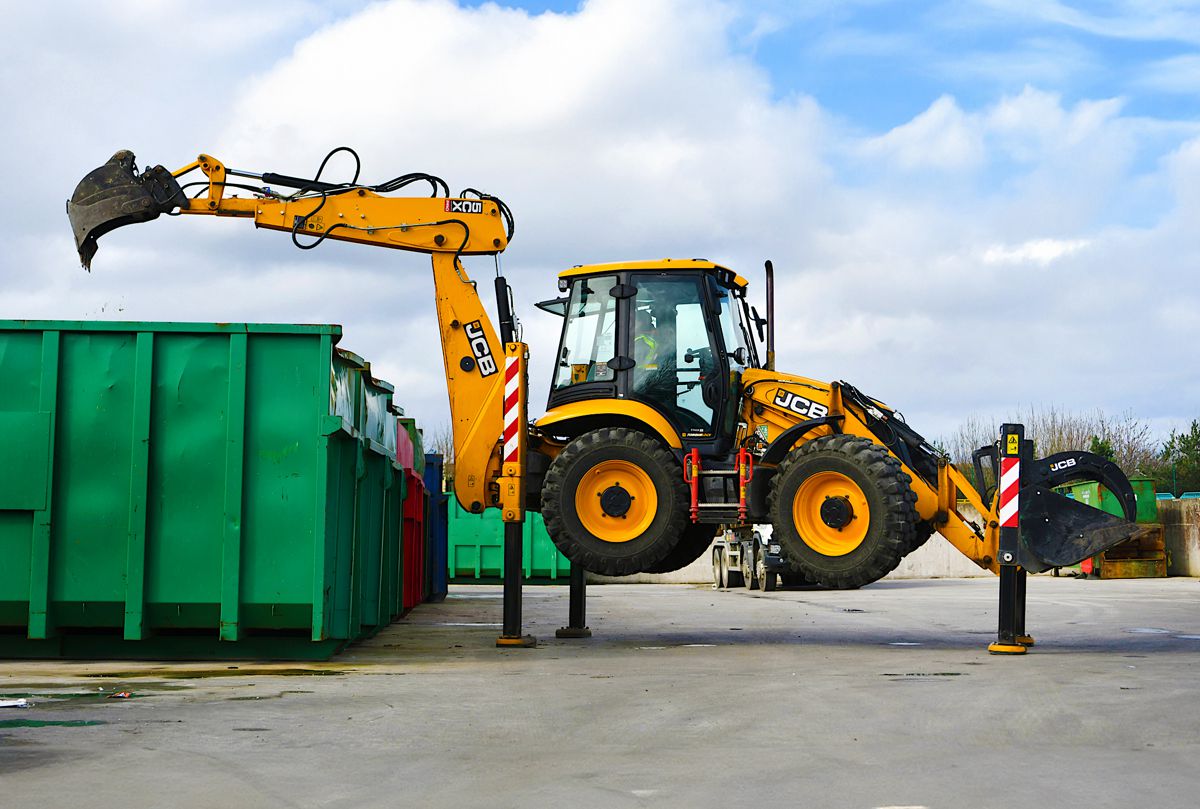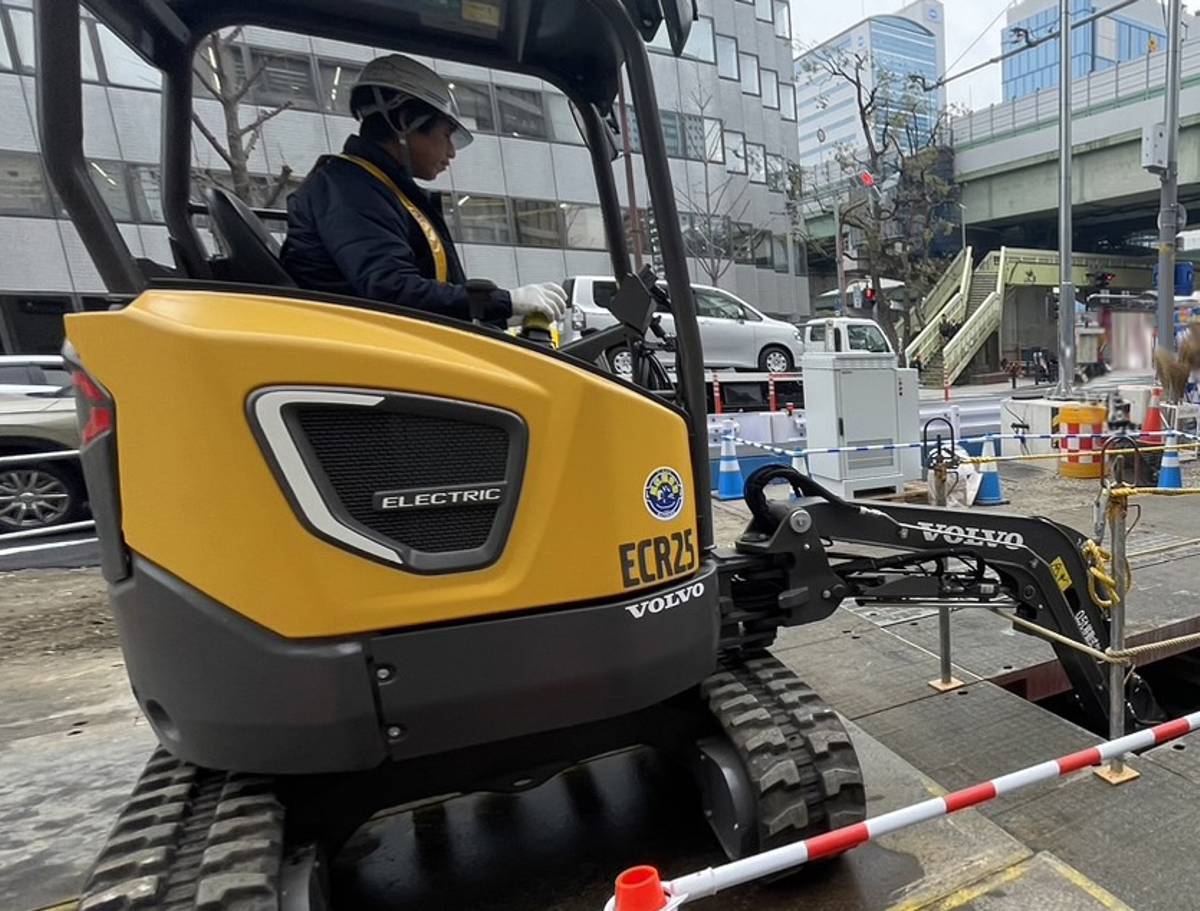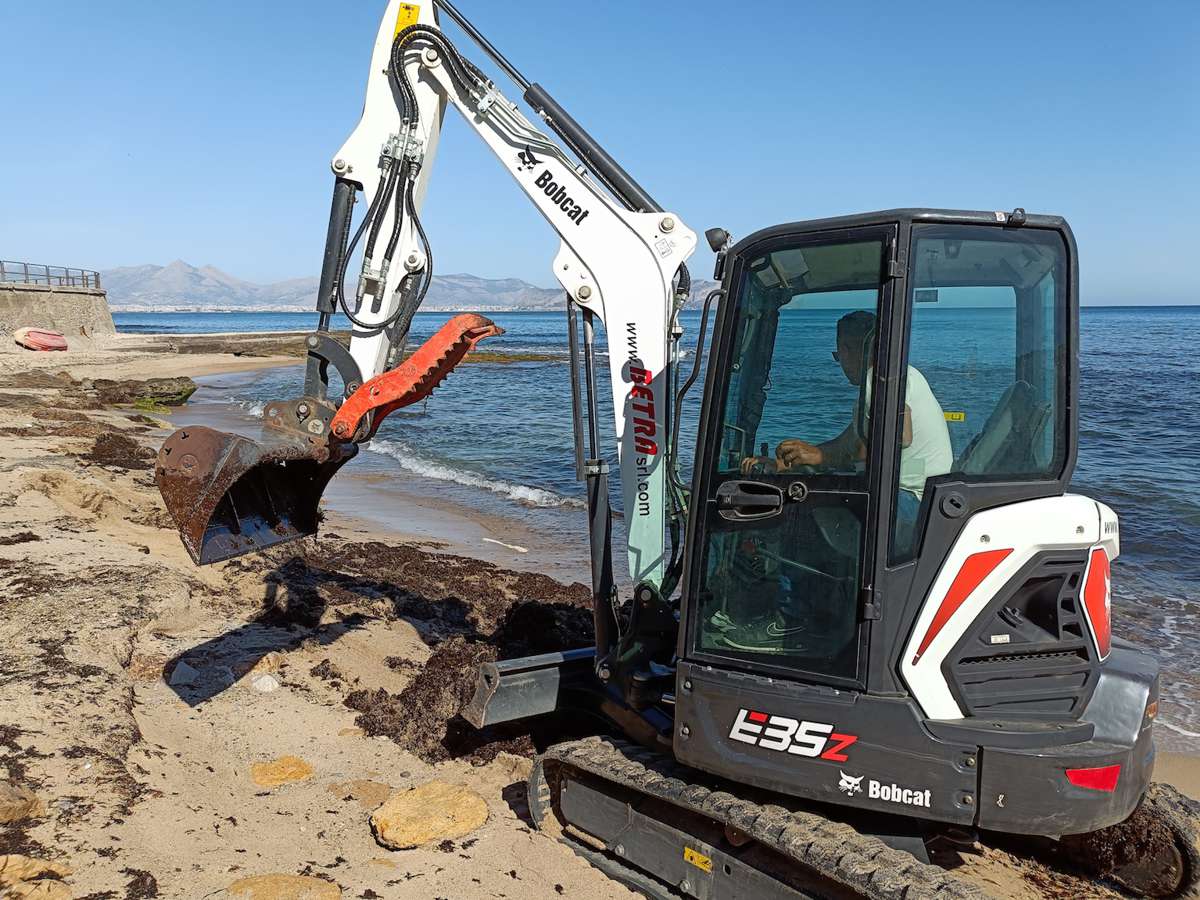Choosing the Right HVAC System for Commercial Buildings
As commercial building owners, we know the importance of creating a comfortable and safe environment for employees, tenants, and visitors.
It’s no secret that a key player in achieving this comfort is the Heating, Ventilation, and Air Conditioning (HVAC) system. Choosing the right HVAC system can significantly impact your building’s energy efficiency, air quality, and overall functionality. But with a myriad of options available, how do you make the right choice?
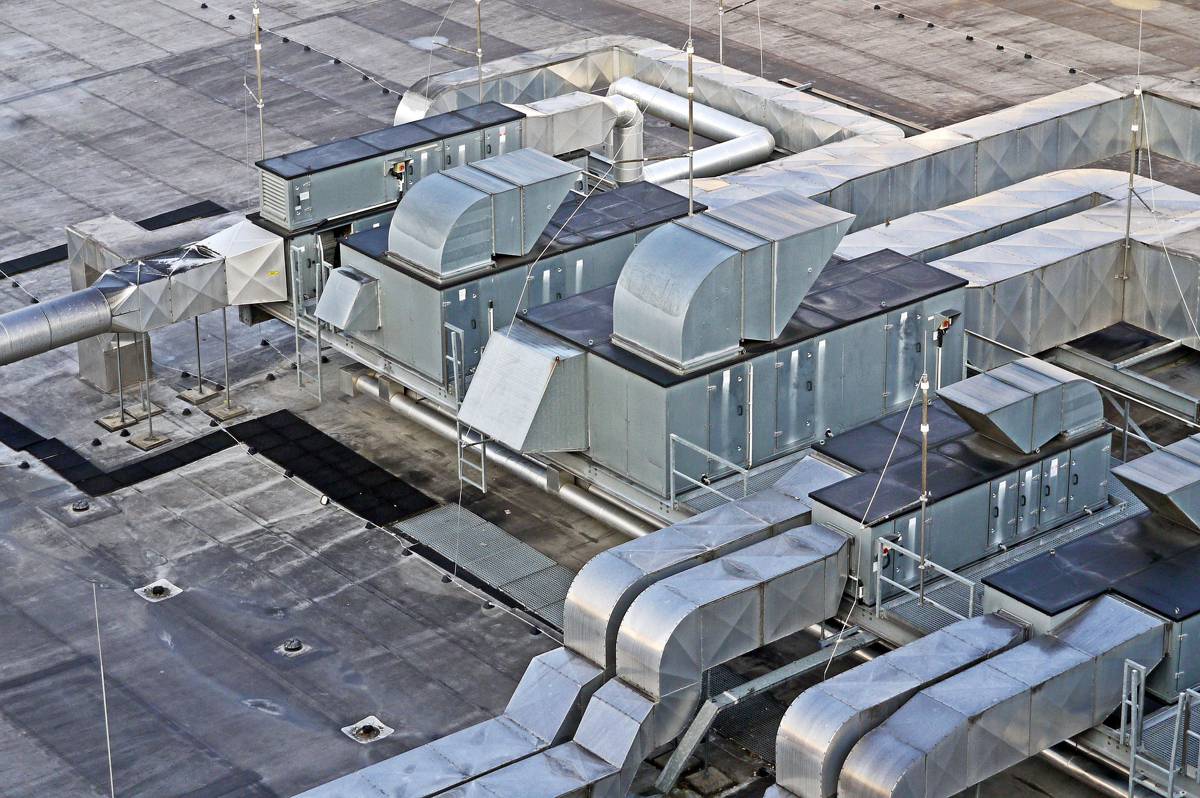
Here are the vital factors to consider when choosing an HVAC system for your commercial building:
1. Size and Capacity of the HVAC System
The size of your HVAC system plays a crucial role in determining its efficiency and functionality. Too large a system will lead to frequent on-off cycling, wasting energy and wearing out components. Conversely, a system that’s too small may fail to adequately cool or heat your building, leading to discomfort for occupants. Thus, getting the size right is essential. Consider consulting an HVAC professional to help evaluate your building’s heating and cooling needs accurately.
2. Energy Efficiency
Energy efficiency is the name of the game in modern HVAC systems. It’s no longer just about heating and cooling buildings – it’s about doing so while conserving energy and reducing operational costs. Look for an HVAC system with a high Seasonal Energy Efficiency Ratio (SEER) and Energy Efficiency Ratio (EER). The higher the ratings, the more efficient the unit.
3. Cost of Installation and Maintenance
When choosing an HVAC system, it’s essential to consider not just the upfront cost of the unit but also the cost of installation and maintenance. Be sure to inquire about potential maintenance needs and costs before making a purchase. Remember, a cheaper unit that requires frequent costly repairs might end up being more expensive in the long run than a higher-priced, reliable one.
4. Indoor Air Quality
Improving indoor air quality is one of the major roles of an HVAC system. Ensure the HVAC system you choose is designed to provide efficient filtration and ventilation to keep pollutants and allergens at bay. This not only provides a healthy environment for the building’s occupants but also contributes to their productivity and well-being.
5. Noise Levels
Noisy HVAC systems can be a nuisance and interfere with the peace and tranquillity of your building. Hence, it is worth considering the noise levels of the HVAC system before investing in it. Today, many manufacturers design their units to operate quietly without compromising on performance. Look for such models to maintain a calm and pleasant environment in your building.
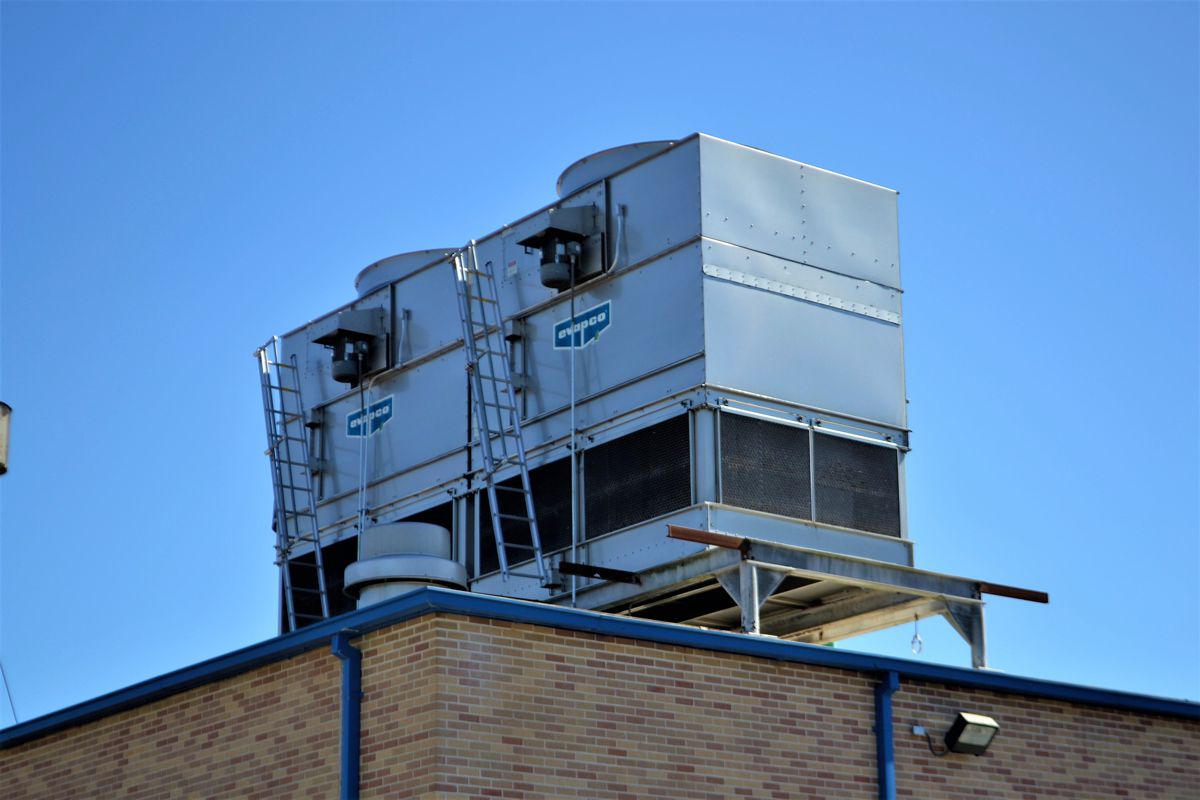
6. Technology and Features
Modern HVAC systems come equipped with numerous features and technologies designed to enhance their performance and user convenience. For instance, some units offer programmable thermostats, allowing you to set different temperatures for different times of the day. Others incorporate smart technology that can be controlled via a smartphone or voice commands. Consider the technologies and features that best meet your needs when making your selection.
7. Longevity and Warranty
Just like any other investment, you want your HVAC system to serve you well for many years. This makes longevity an important consideration. Additionally, a comprehensive warranty gives you peace of mind, knowing that you’re covered in case of any unexpected issues. Therefore, choose an HVAC system that comes with a good warranty and is from a reputable manufacturer known for durable products.
8. Professional Advice
Finally, it’s always beneficial to seek professional advice when choosing an HVAC system for your commercial building. HVAC professionals have the expertise and experience to assess your building’s unique needs and recommend the most suitable systems. Commercial HVAC buying guide is a great resource to start with, but nothing beats personalized advice from a professional.
9. Compliance with Building Codes and Regulations
Before making a purchase, it’s imperative to ensure that the HVAC system you’re considering complies with local building codes and regulations. Non-compliance could lead to hefty fines, legal issues, or even installation denial. An HVAC professional can guide you on the systems that meet the necessary standards and are deemed safe for use in commercial buildings.
10. Environment-Friendly Options
In the age of environmental conservation, you may want to consider environment-friendly HVAC options. These could include systems that use renewable energy sources like solar power or geothermal heat pumps. Not only are these systems more sustainable, but they could also qualify for tax incentives or rebates, making them a financially viable choice for many businesses.
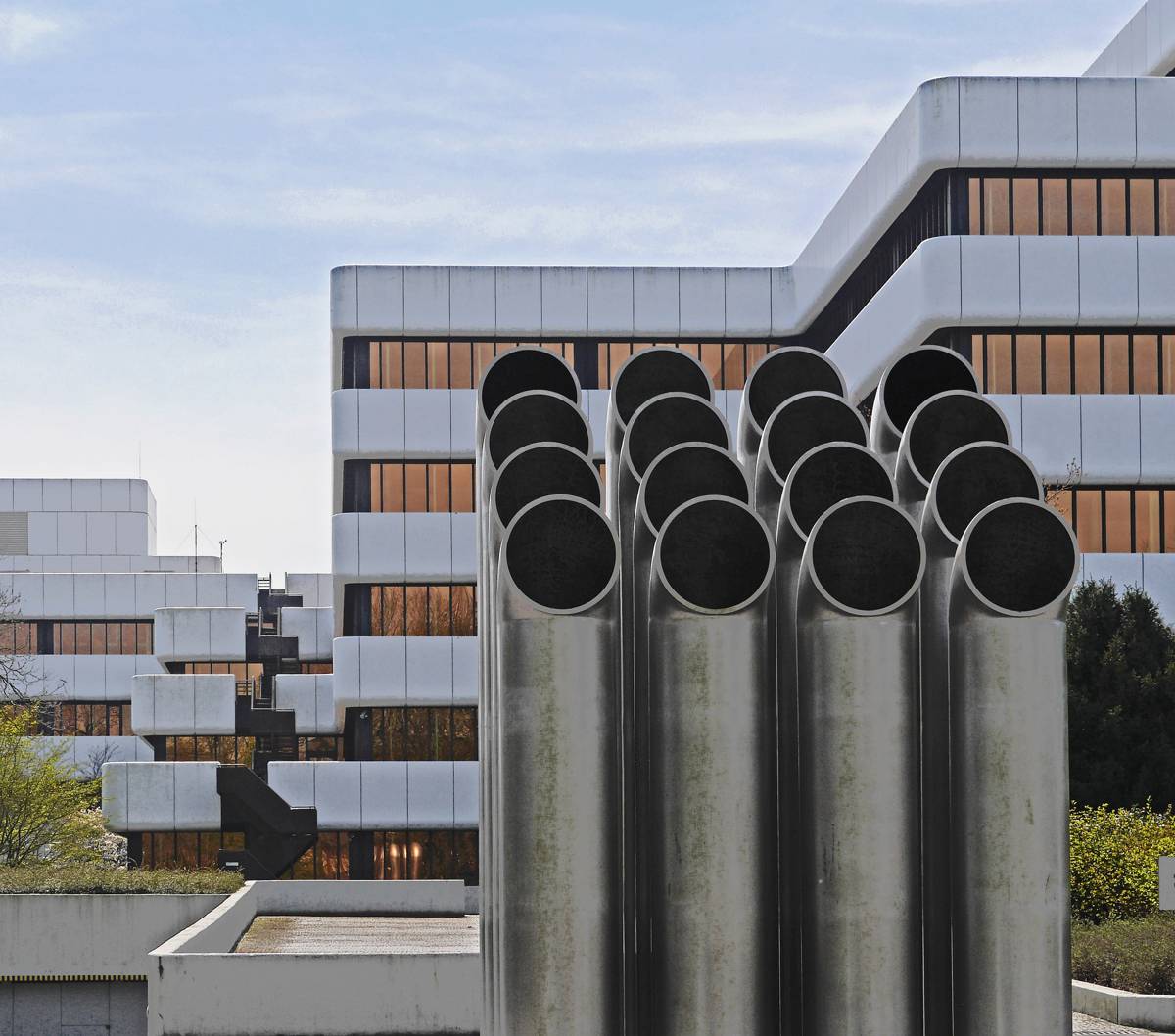
11. Understanding HVAC Types
Commercial HVAC systems come in different types, including single split, multi-split, and VRF or VRV systems. Each has its pros and cons and is suited to different kinds of buildings. Understanding the nuances of these systems is vital to making an informed decision that best serves your needs. The U.S. Department of Energy provides a comprehensive overview of different HVAC types, which you can access here.
12. Climate Considerations
The climate in your area can significantly impact the effectiveness and efficiency of your HVAC system. For example, if your building is located in a region with long, harsh winters, you’ll need a system with a powerful heating component. On the other hand, in areas with hot summers, an efficient cooling system is crucial. Make sure your chosen system is designed to perform optimally in your specific climate conditions.
13. Zoning Capabilities
For commercial buildings, especially those with multiple floors or different sections, an HVAC system with zoning capabilities can be a significant advantage. Such systems allow you to control the temperature in different zones independently, leading to more customized comfort and enhanced energy efficiency.
14. Future Expansion Plans
If you have plans to expand your commercial building in the future, consider an HVAC system that can grow with you. Modular HVAC systems, for instance, allow for easy expansion and can save you the cost and inconvenience of installing a completely new system when your needs change.
15. Working with a Trusted Supplier
Finally, the HVAC supplier you choose to work with is just as important as the system itself. Look for a supplier with a reputation for high-quality products, excellent customer service, and comprehensive after-sales support. A good supplier can make the installation process smooth and ensure you get the most out of your investment.
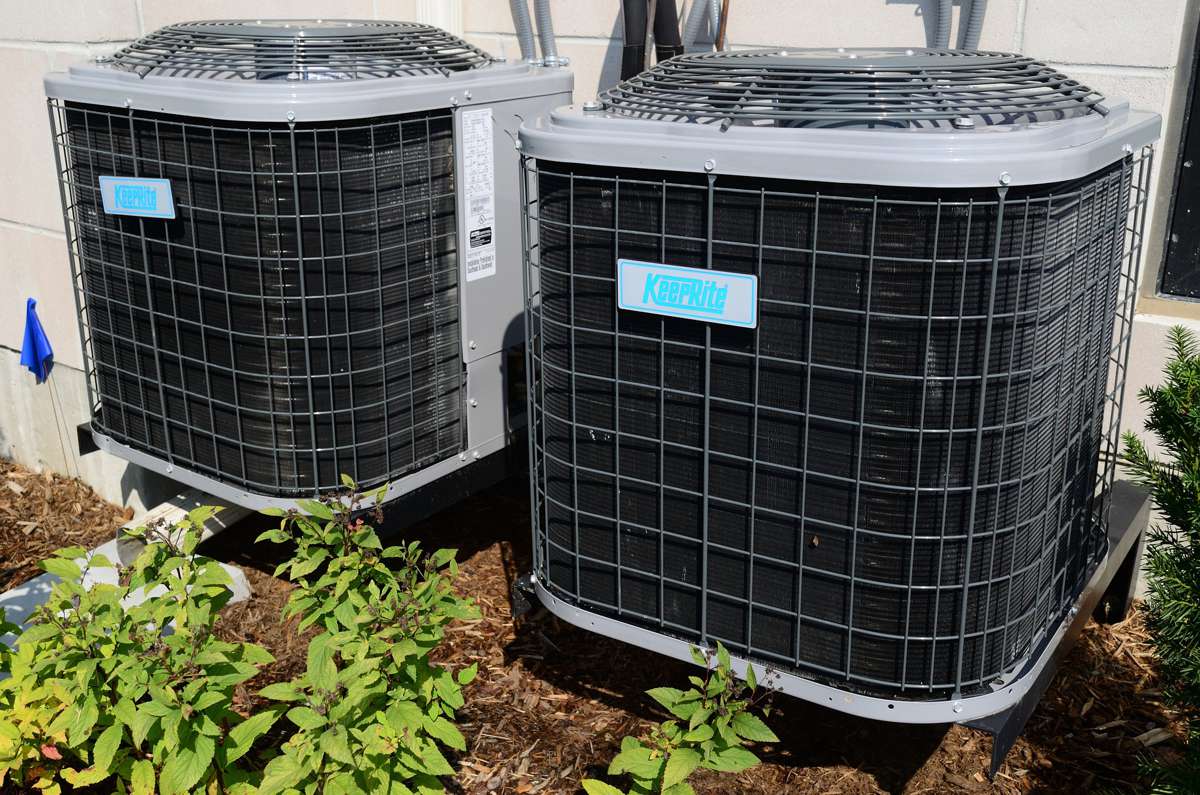
Choosing the right HVAC system for your commercial building is a significant decision that can impact the comfort of your building’s occupants, your energy costs, and even your reputation as a building owner.
By considering factors like system size, energy efficiency, cost, air quality, noise levels, technological features, and more, you can select an HVAC system that meets your needs and aligns with your goals.


